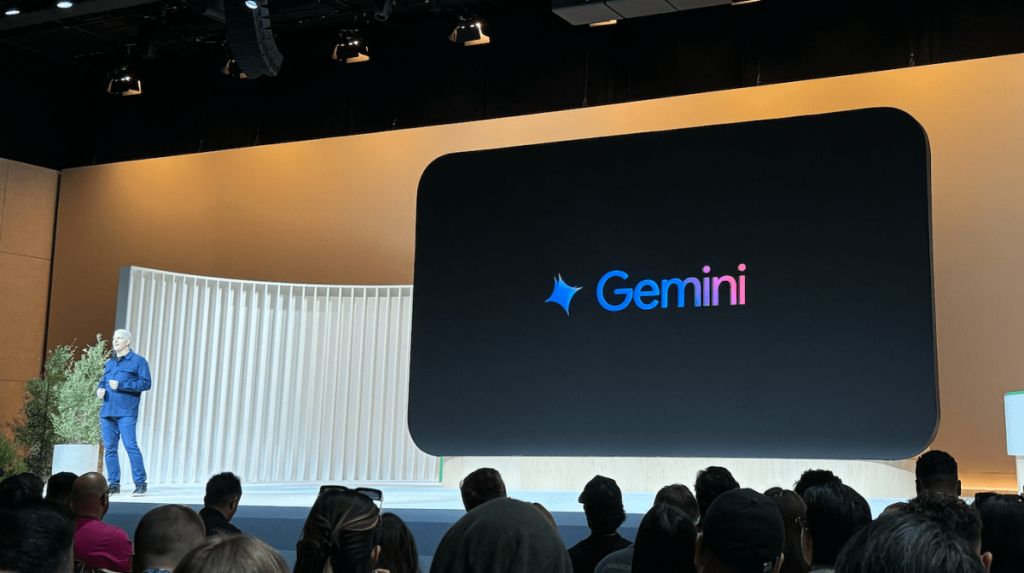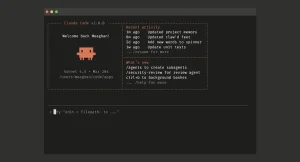Google’s Language Expansion Gemini’s New Reach

Google is stepping up its game, pushing the boundaries by expanding Gemini’s research capabilities to a whopping 40 languages. This big leap aims to bridge language gaps and make AI research more accessible worldwide. Exciting times are upon us as technology changes the way we access knowledge.
With Gemini’s enhanced multi-language support, users everywhere can unlock a powerful AI research assistant. The tool efficiently creates research plans, discovers relevant information, and compiles comprehensive reports by iterating through multiple steps. As Google adds more languages, the quest for reliable data sources and accurate translations begins.
Gemini’s Impressive Language Portfolio
Gemini now boasts support for numerous languages including Arabic, Bengali, Chinese, and French, among others. This expansion signifies a major milestone for Google’s efforts to globalize AI technology. However, the journey doesn’t end here. Every language presents unique challenges, such as sourcing credible information and ensuring grammatical accuracy.
The tool employs a strategic approach, starting with a research plan and gradually building on it by conducting searches to extract vital information. With each cycle, the system becomes more adept, refining its ability to generate insightful reports. This methodology represents a significant advancement in AI-powered research tools.
Challenges in Accurate Language Summarization
One key hurdle is finding and using reliable native sources. Summarization must not distort the original meaning, a task easier said than done. Grammar inaccuracies remain a persistent issue.
Google employs rigorous evaluations and fact-checks to maintain reliability. It is a continuous process, reflecting an ongoing commitment to accuracy. By leveraging clean data and trusted sources, Google aims to mitigate issues in translations and summaries.
Insights from Google Engineers
HyunJeong Choe, a director of engineering, explains the importance of data quality. Using clean, trustworthy data sets is crucial for training the AI model effectively.
Choe highlights that creating accurate AI-generated summaries in native languages is a complex task. Despite pre-training loaded with information, the goal is to fine-tune the model for precision.
Jules Walter, another key figure, notes that localized teams play a role in reviewing datasets. He points out that input from native speakers contributes to improved quality checks.
Quality Checks and Data Generation
Recently, guidelines issued to contractors reaffirmed the importance of reviewing content for style and format in addition to factual accuracy. This approach ensures diversified assessments.
The demand for stringent quality checks underscores the necessity for high standards in AI operations. Contractors are tasked with considering multiple factors when evaluating responses.
Data generation is a collaborative effort, involving local teams who ensure that the AI’s learning base is broad and well-rounded.
Broader Implications of Language Expansion
Gemini’s expansion is poised to make AI-driven research more inclusive, addressing diverse linguistic needs globally. This ambitious project connects more people to vast knowledge.
Opening doors to 40 languages means reaching a wider demographic. It is not just about broadening horizons but equally about fostering a more connected world.
This initiative is an important stride towards democratizing technology. Google’s work highlights how accessible AI can redefine how we interact with information.
Future Goals and Continual Development
Google is set on refining its AI for even greater efficiency and accuracy. By focusing on training models in multiple languages, they pave the path for ongoing advancements.
Understanding that each language has its nuances is part of the challenge and the strategy. Efforts to improve the AI’s linguistic adaptability are crucial for future growth.
With every update, Google aims for progress, not perfection. It’s about moving forward step by step, solving real-world challenges along the way.
Community Feedback and AI Adaptation
Community input plays a pivotal role in shaping AI’s trajectory. Engaging with users across different languages offers valuable lessons.
Google’s approach includes gathering feedback to align the AI with user expectations. This interaction fosters a sense of collaboration.
Adapting AI based on community insights ensures that the technology continues to evolve in meaningful ways, addressing genuine user needs.
Conclusion: The Road Ahead for Google Gemini
Google’s expansion of Gemini’s capabilities is a bold step toward empowering global users with cutting-edge AI tools. It signifies a move towards more inclusive technology solutions.
As Google continues to enhance its model, it remains focused on creating a reliable and adaptable AI experience for users worldwide.
Conclusion: Connecting the World Through Technology
Gemini’s expansion reflects a broader vision of connecting people globally through innovation. As technology becomes more accessible, the potential for new discoveries grows exponentially.
With Gemini’s language capabilities expanding, Google is paving the way for a more inclusive digital landscape. This move also sets the stage for future AI innovations. The horizon looks promising as Google commits to breaking language barriers and enhancing global communication.





